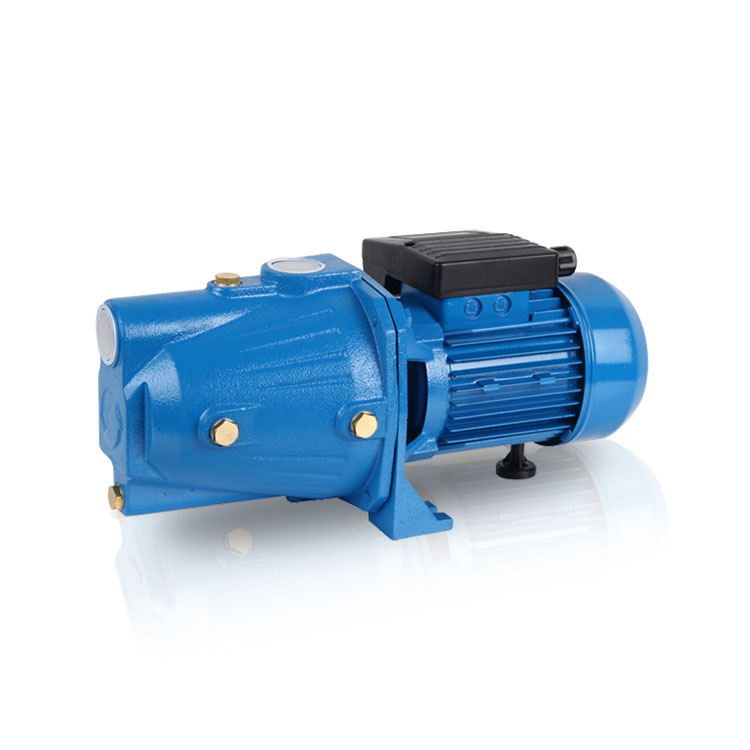The Crucial Role of the Fuel Filter in a Gas Pump System
2024-05-25
When it comes to the smooth and reliable operation of a gas pump system, the fuel filter plays a pivotal role. Often overlooked, this humble component ensures that clean, contaminant-free fuel flows into the engine, ultimately protecting the performance and longevity of the entire system.
At the heart of its function, the fuel filter acts as a gatekeeper, filtering out impurities from the fuel before it enters the engine. These impurities, such as dirt, rust particles, and water, can cause significant damage to the sensitive components within the engine if they are allowed to pass through.
The fuel filter is typically located between the fuel tank and the engine, often close to the gas pump. It consists of a porous material, such as paper or synthetic fibers, that traps the contaminants while allowing the fuel to pass through. As the fuel flows through the filter, the contaminants are removed, ensuring that only clean fuel reaches the engine.
The importance of a functioning fuel filter cannot be overstated. A clogged or damaged filter can restrict the flow of fuel to the engine, resulting in reduced performance, poor fuel economy, and even engine damage. Therefore, it is crucial to regularly inspect and replace the fuel filter according to the manufacturer's recommendations.
Moreover, the use of alternative fuels, such as ethanol or biodiesel, can further emphasize the need for a reliable fuel filter. These fuels may contain different types of impurities that require specific filtration techniques. By ensuring that the fuel filter is compatible with the type of fuel being used, you can maximize the performance and efficiency of your gas pump system.
In conclusion, the fuel filter is a crucial component in a gas pump system, responsible for ensuring that clean, contaminant-free fuel reaches the engine. By regularly inspecting and replacing the filter, you can protect the performance and longevity of your entire system.



